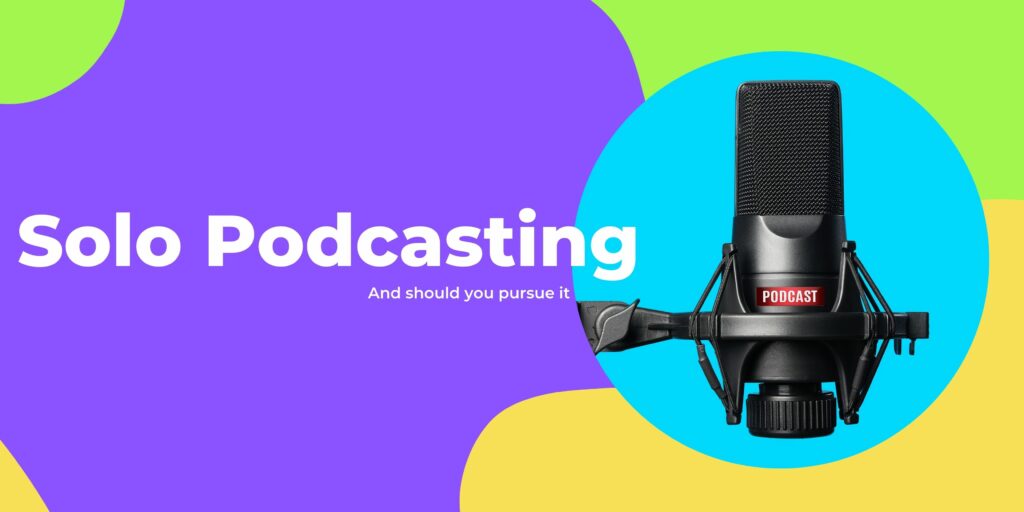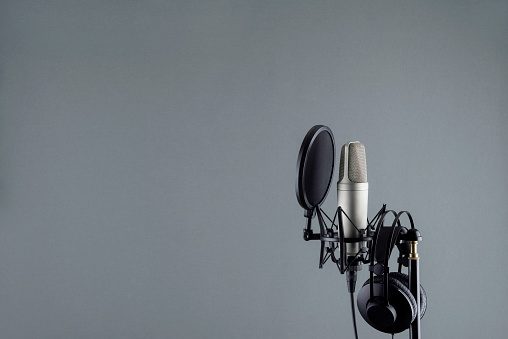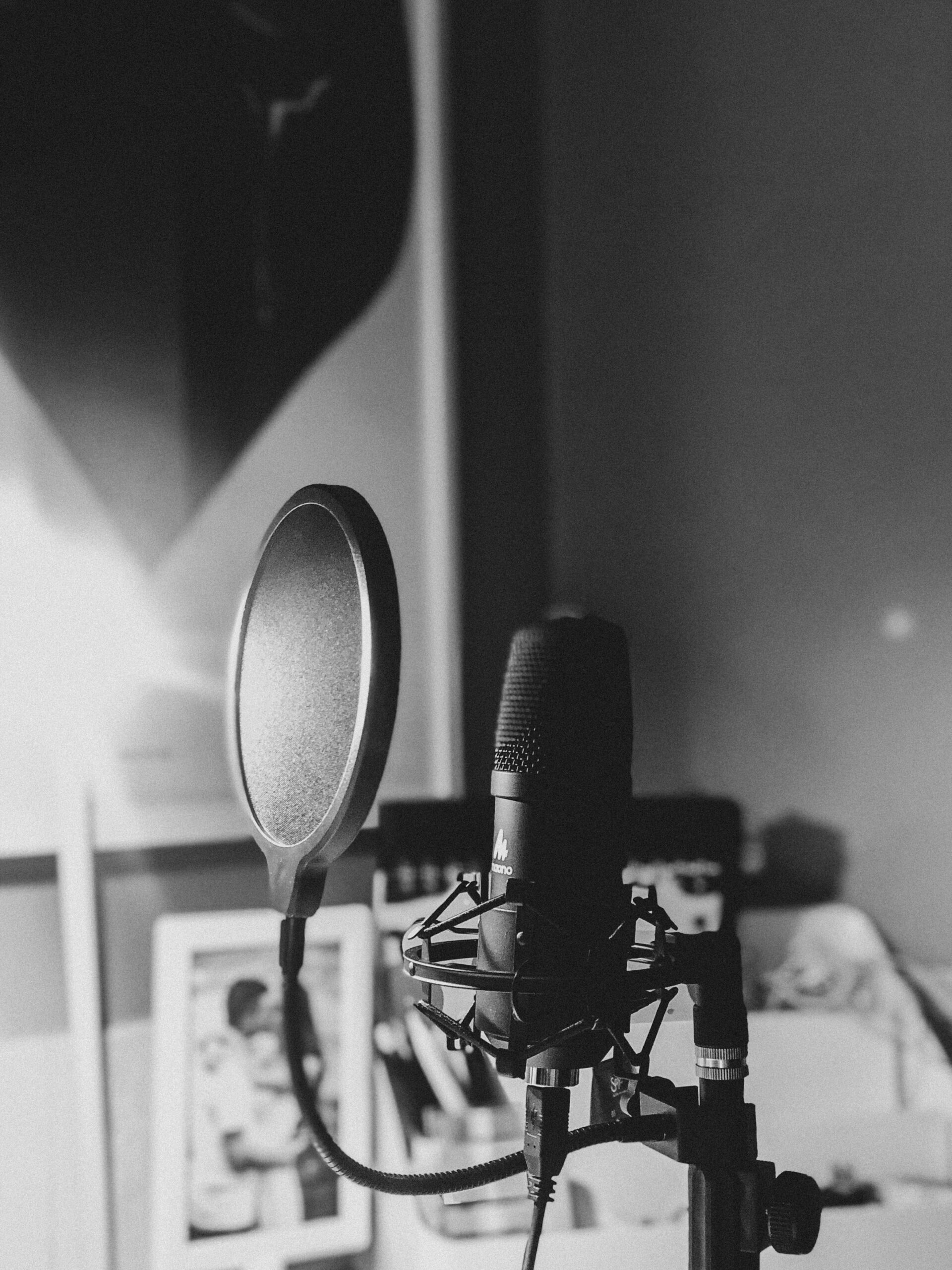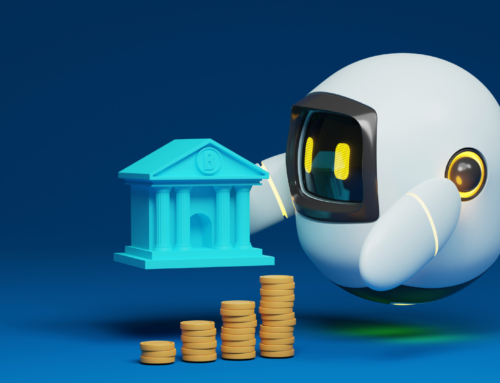
Introduction
Podcasts are windows into an individual’s conversational capabilities and intellectual interests. While podcasts conventionally involve a guest speaker, solo podcasts are episodes where the Solo Podcasting host delivers a talk. If an expert at the topic, the host can efficiently deliver their thoughts and opinions to the listeners.
To make the best out of a solo podcast, the host must have a range of skills under their belt. Voice modulation, engaging monologues, keeping it real and fresh and not stagnant, ripples in the topic, and ease in speaking to the listeners (or listener) as if they were having a direct one-to-one conversation helps build a great premise. To build a captivating and direct connection with the audience, keep the following tips in mind.
Phase One: PLANNING
1. Control Your Content:
The host must be well versed in the topics they are presenting to the audience. An uncompromising and well-read topic will allow the host to present it effortlessly. This will show confidence in the creative decisions taken, making a lasting impression on the listeners.
2. Equipment:
These two are important pillars of solo podcasts. Using new and defined equipment is vital in ensuring good quality content is being put out.
3. Experience:
On experience’s end, potential hosts often find it uncanny to speak to themselves ever so passionately about something. Constantly doing it in method, for example, interviewing themselves about the niche they’re podcasting on, will help them experience something close to the actual act of doing the same.
4. Engagement:
It is important to understand that the host’s partner is the audience in solo podcasts. Making sure that content is tailored in a way that leaves open-ended opportunities for the audience to walk away with something or come back to the next episode with some food for thought will make a lasting impact.
Phase Two: The Process
Production is the most imminent part of doing a podcast. After resorting to ways to connect and captivate the audience, the next logical step is to tailor the actual content and figure out the important keys of production.

Finding a niche:
Different hosts have different areas of interest and intellectual prowess. Finding an intersection between what the world and market are listening to or talking about now and the host’s interests is a great place to start.
Plan:
Planning is crucial in solo podcasting as the single host bears the entire production planning persecution and promotion parts of the entire podcast. Chalking out a schedule and scripting and research on audience’s interests, episode structuring, timing practice podcasts, etc., are some things the host can plan pre-production.
Produce:
Once the above steps are done, it is time to craft the content and tailor it. The important production steps are keeping a script and spontaneity and recording oneself talking. Timing the episode and using the episode structure in the planning stage also helps heaps.
Post Production:
After producing the actual podcast, it is important to ensure that post-production is done efficiently. Refining sound quality and adding sound effects and introductory and concluding music can make the show more mesmerizing. Editing parts that stall the conversation, like repetitive sentences or awkward/long pauses, will also increase the quality of content.
Pros & Cons of Solo Podcasting
Pros
Creative Freedom:
Solo podcasting offers the pro of a one-person show. The single host can control the podcast’s narrative and take all creative decisions bending it to their will. For people who prefer to work independently, this is of great advantage. One person can coordinate everything in complete creative control of the project.
Flexibility:
Since one person schedules and records the podcast, it is easy to stay on track. There is no cancellation hassle or issues of different people and working according to their terms or schedules.
Quick decisions:
Since it’s just one person calling the shots and planning the whole thing, decision-making is effective quick, and efficient. There is no question of another person disagreeing or bringing up changes or a change in the trajectory of how things are planned to be done.
Personalization:
The host does not have to conform to the expectations of a partner or a guest during solo podcasts as they are essentially monologues.
Cons
One-person show:
Since only one person is bearing all the brunt of the podcast, there might be a problem of overexertion or an overload in responsibilities. The aspect of splitting work or responsibilities may be lost in this area of podcasting.
Creative roadblocks:
Two heads always brainstorm better than one. Suppose the single podcast host runs out of creative ability to develop transcripts or content. In that case, it isn’t easy to turn to another person being a single responsible person in the podcast’s narrative.
No exchange of ideas:
Often, guests love hearing two perspectives or stances on certain ideas. As mentioned before, solo podcasting could mean hosts monologues, leading to audiences not enjoying just a single perspective. A podcast with a partner would sometimes mean having two views to engage an audience. 
Conclusion
Solo podcasting is extremely rewarding and coming up today, with the number of people turning to experience being the biggest deciding factor for several effective decisions of their lives. To create a standing and deep bond with an audience, solo podcasting is the way to go. Go out there and conquer the world with your ideas, internal monologue, creativity, and oratory skills.

